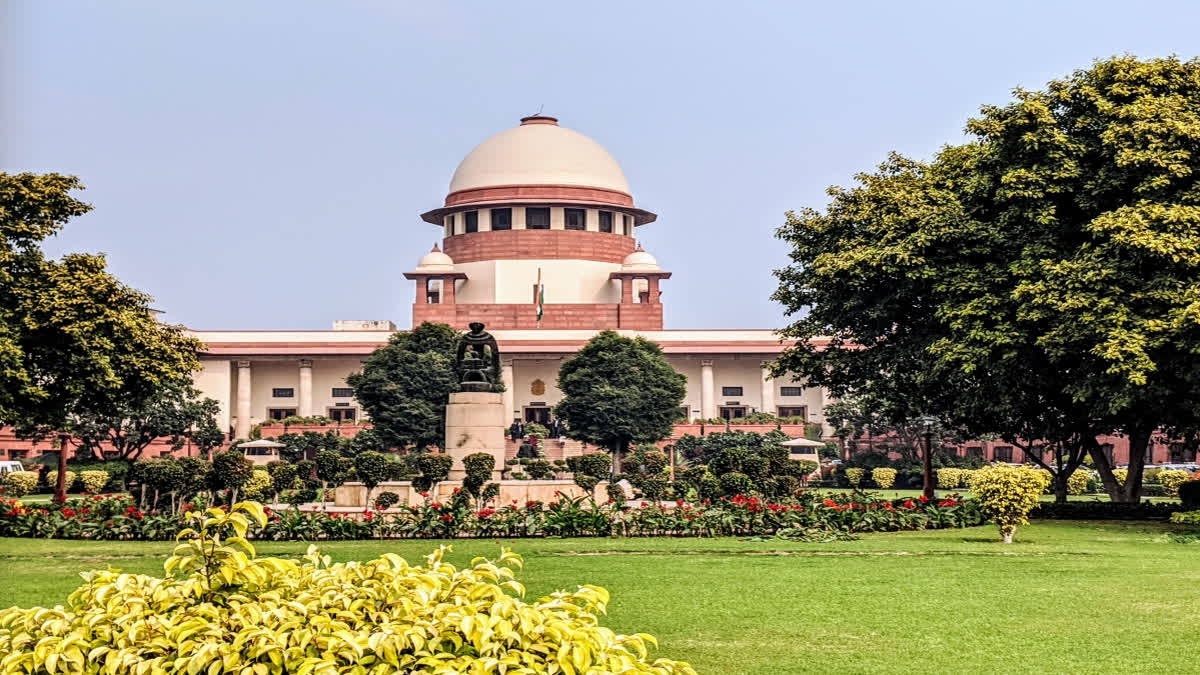New Delhi: The Supreme Court on Friday agreed to examine whether allopathic doctors and practitioners of Ayurveda and others, working in the government hospitals and clinics, can have different ages of superannuation.
In February, this year, the Rajasthan High Court delivered a verdict accepting the grievances of the Ayurvedic doctors and held they will be deemed to be in service up to the age of 62 years if their date of retirement fell after March 31, 2016.
At the beginning of the hearing, a bench headed by Chief Justice of India D Y Chandrachud observed that the top court is not keen on interfering with the High Court verdict. Solicitor General Tushar Mehta, representing the Rajasthan government, stressed that it is an important matter, which requires the apex court's attention.
The bench observed that there exists no difference in the quality of service and efforts of Ayurveda and allopathic doctors, and the Ayurvedic doctors are also doing valued service and are within the same state.
"Today we are valuing the Ayurvedic doctors, why should it be that the Ayurvedic doctors don't retire at the same age as allopathic doctors?," said the CJI. Mehta said, as a result of the High Court verdict, around 1,000 such doctors will come back to service and added, "let there be prospective overruling".
Mehta stressed that there are over 1,000 doctors, so they will come back and this will apply to Unani, AYUSH, Sidha, homeopathy, and everyone. After hearing Mehta’s submissions, the apex court issued notice on the state government's petition.
The Rajasthan government, noting the shortage of allopathic doctors, enhanced their age of retirement from 60 to 62 years with effect from March 31, 2016, leading to litigations by similarly placed government AYUSH (Ayurveda, yoga, naturopathy, Unani, Siddha and homeopathy) doctors.
AYUSH doctors had argued before the High Court that they are performing the same function of treating and healing their patients and hence, the classification is discriminatory and unreasonable.



